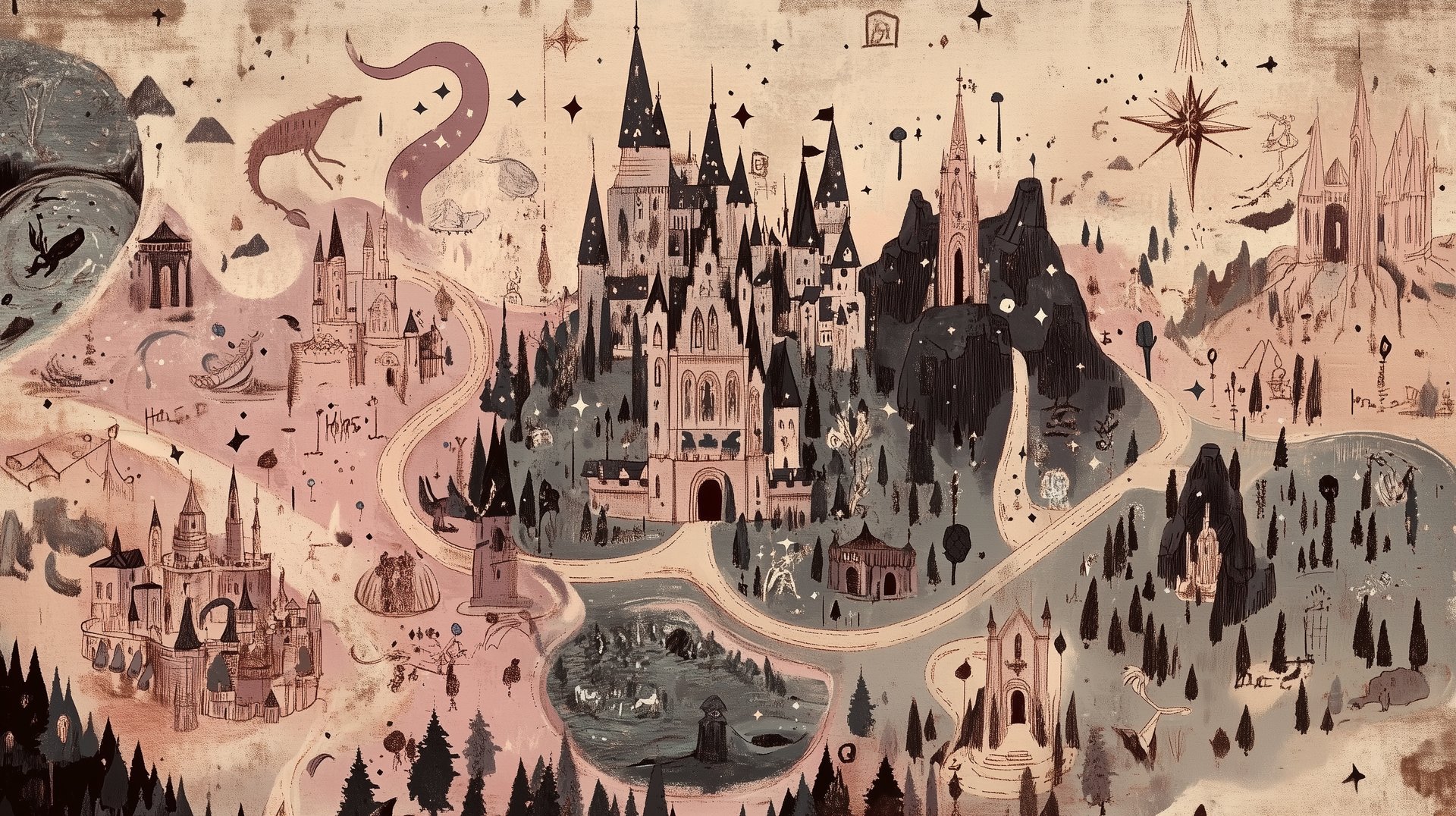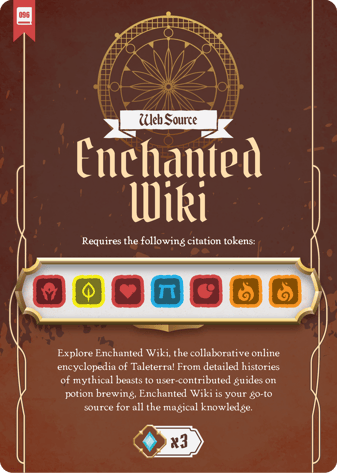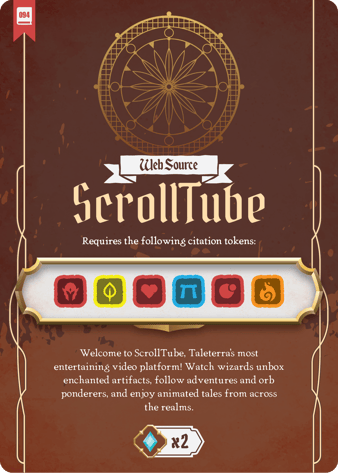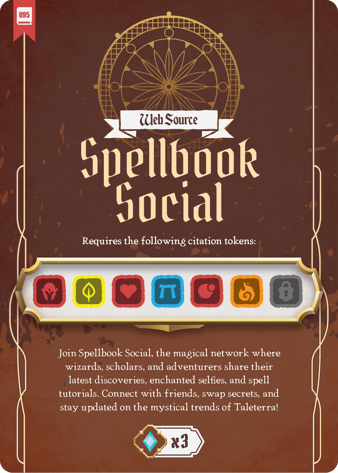
Internet & Other E-Sources
The Grand Archive was once thought to hold all knowledge, yet in the modern age, wisdom flows through unseen networks, woven like an ever-expanding web across the ether. Information is no longer confined to parchment and stone—it is carried in digital currents, whispered between interconnected repositories, and transcribed upon shifting screens. Web sources are living knowledge, constantly updated, revised, and sometimes erased from existence without warning.
Unlike static texts, web sources have unique citation elements, including:
The author or website creator, if an individual is responsible for the content.
The title of the webpage or article, ensuring specificity in reference.
The name of the website, as knowledge is often hosted within larger digital repositories.
The publication or last update date, since online sources frequently change.
The full URL and access date, preserving a record in case the source is altered or vanishes entirely.
Below, you will find examples of internet and web source citations, ensuring that even the most fleeting digital knowledge is properly preserved.
Online Articles & Digital Chronicles
Much like scribes of old, modern scholars transcribe their findings onto digital scrolls, making research accessible across realms.
Example (Harvard Style): Moonweaver, C. (Year 1730). Lost Relics of the Elder Age: A Historical Analysis. The Ethereal Archive. Available at: https://etherealarchive.rel/history (Accessed: Starlight 3, 1731).
Official Websites & Institutional Repositories
Some knowledge is safeguarded within scholarly institutions, government archives, or libraries of magic, accessible only to those who seek it out.
Example (APA 7th Edition): Celestial Academy of Mystic Studies. (Year 1765). Guide to Arcane Symbology. Retrieved from https://celestialacademy.studies/symbology.
Digital Encyclopedias & Living Knowledge Archives
Unlike printed encyclopedias, some sources are in constant motion, updated as new discoveries unfold or as history itself is rewritten.
Example (Chicago Style): Grand Librarium of Etherea. 1802. “The Shifting Sands of Time: Temporal Magic and its Effects on Historical Record.” In The Infinite Archive of Mystic Studies. Available at: https://grandlibrarium.records/time.
The web is an ever-changing archive, where knowledge is both preserved and fleeting, stable and ephemeral. By citing online sources, scholars ensure the integrity of digital wisdom, capturing it before it is altered, lost, or forgotten. To archive knowledge is to fight against time itself—for the web is vast, but memory is fragile.







